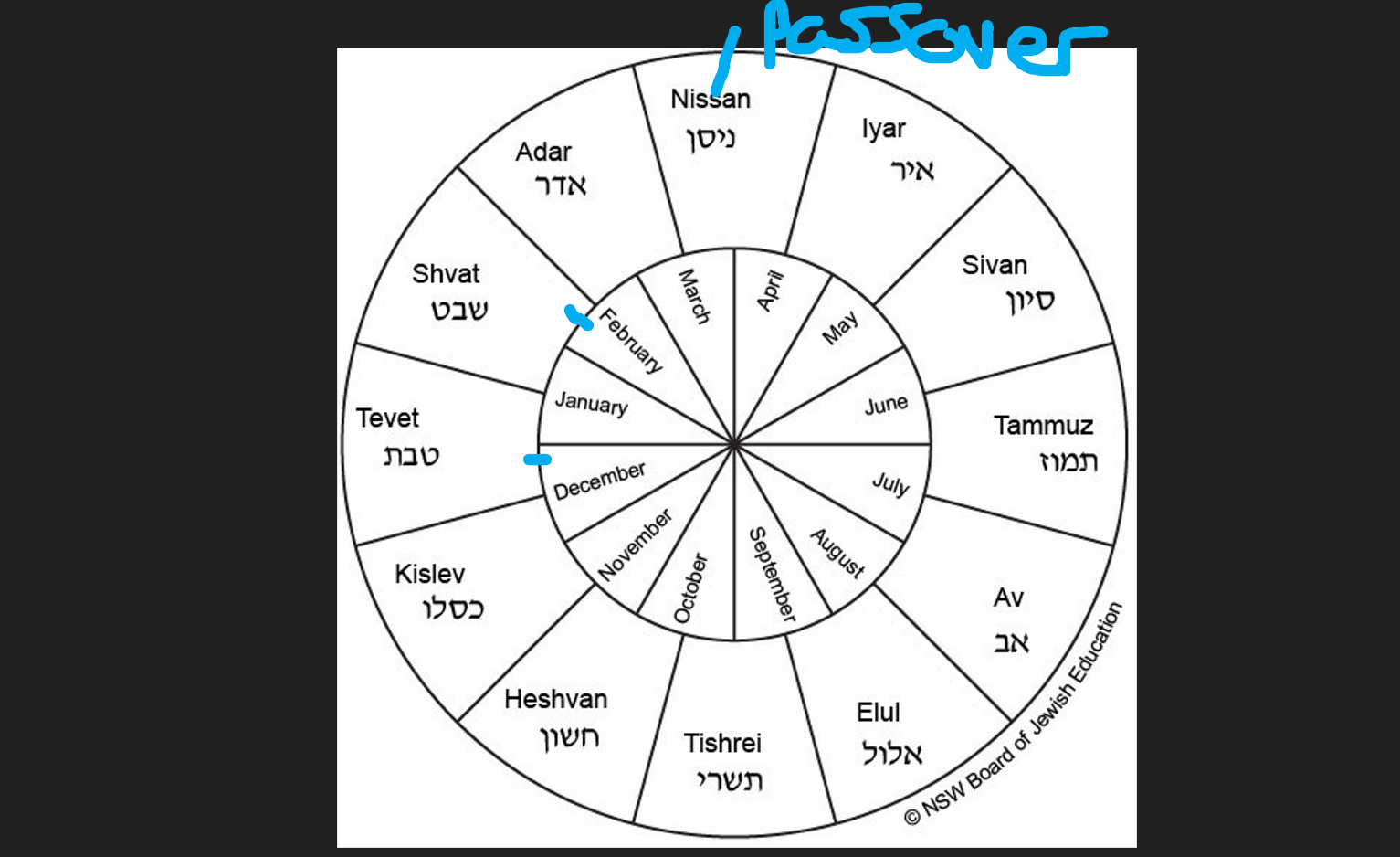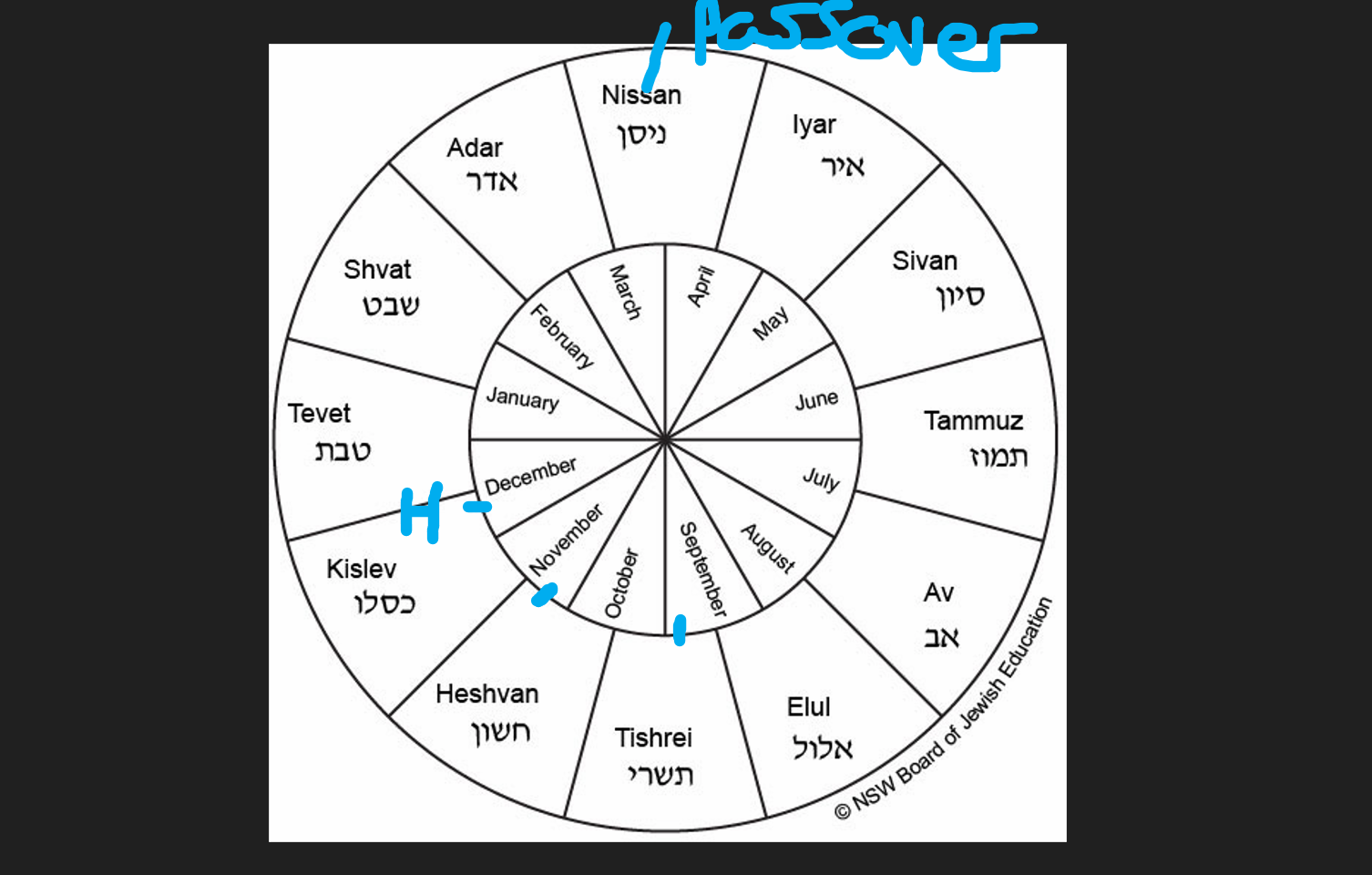Is There A Contradiction in the Birth Narratives of Jesus? No
Today you will see why there is no contradiction in the birth narratives of Jesus. Despite popular New Testament scholars saying so, you will see why those scholars prove too much.
Contradiction In The Birth Narratives Of Jesus
Let me set the scene for today’s post.
It’s December 24th, and millions are getting ready to celebrate Christmas. And the most famous atheist in the world, when it comes to attacking the Bible, Dr. Bart Ehrman, had something to say. Dr. Ehrman was part of an hour-long talk on why the Christmas story in the Bible has contradictions. Thousands watched. Many atheists are feeling strong, some Christians’ faith got rocked.
Dr. Ehrman was part of an hour-long talk on why the Christmas story in the Bible has contradictions. Thousands watched. Many atheists are feeling strong, some Christians’ faith got rocked.
And next Christmas, this could be you. In fact, any day this year, you may run into an atheist confident and prepared enough to destroy your faith. But you will see many of the arguments shared on that Christmas special were bad.
I’m going to show you two ways to turn the tables, and give atheists willing to reason the chance to accept truth.
The first one is a little harder to unpack, but I’ve got a diagram and some drawings to make it easier for you. Don’t laugh.
Dr. Ehrman appeared on a podcast with Alex O’Connor. I’ve always liked Alex because he seems reasonable when dealing with Christianity. He also seems to update his arguments and beliefs as he learns more. I cannot say the same for every atheist, as I’ve shown before.  But let’s begin with what Dr. Ehrman had to say about the two Gospels that talk about Jesus’ birth. This is in Matthew and Luke.
But let’s begin with what Dr. Ehrman had to say about the two Gospels that talk about Jesus’ birth. This is in Matthew and Luke.
An Important Question To Answer If There’s A Contradiction In The Birth Narratives Of Jesus
Early in the interview, Alex asks him an important question to set the stage.
“Do you think they would have been aware of each other, given that they seem to contradict each other in places?”
“It’s much debated now for many decades. It was simply assumed that Matthew and Luke had different stories and that they weren’t dependent on each other. There’s now some scholars who are arguing that Luke used Matthew for his Gospel.”
The reason this question is a great place to start is because this shapes how you view everything else.
As it stands, Dr. Ehrman doesn’t believe Matthew and Luke knew of each other’s Gospels. In the quote, he said it’s debated now, but for many years, scholars assumed Matthew and Luke didn’t know about each other.
So, Matthew is in one place writing a Gospel, Luke is in another place writing a Gospel, but they don’t know it. This is strange for many reasons. But for one, Luke begins his Gospel by saying others have written Gospels before him, and he says these were eyewitnesses.
The disciple Matthew is an obvious choice of who Luke is talking about. But it’s easier for atheists like Dr. Ehrman to sell the story the stories contradict if Luke doesn’t know Matthew. This way, you can say Luke had no idea what Matthew wrote, so he just wrote what he believes. Then later, the Gospels come together and wow, what do you know, we have two contradictory stories.
But apart from the assumption, the evidence shows Luke knew about Matthew. This doesn’t mean there isn’t a contradiction in the birth narratives of Jesus. The rest of the article will deal with that. But there is no problem with a Biblical writer knowing, or using another’s work. The Bible has examples of things like this all the time. God does not have a problem with this.
Dr Ehrman’s Case For A Contradiction In The Nativity Accounts
Let’s now jump to the middle of the interview because this is where this picks up. And as always, the full interview is linked above. Feel free also to let me know of anything in the interview you need help with. There’s much more I’d like to cover that I don’t have time to get into.
Let’s see Dr. Ehrman lay out his problem…
In Luke’s account, they return to Nazareth for, there in Jerusalem for 40 days. And then they return to Nazareth after 40 days. In Matthew’s account, they go down to Egypt. And for months, years, I don’t know how long, but months at least.
So, remember, according to Dr. Ehrman, Matthew is in one place writing about Jesus going down to Egypt. And then, Luke is somewhere else, writing they came down from Nazareth and left after 40 days. But if Luke knows about Matthew, that makes no sense. If Luke knows about Matthew, others know about Matthew too. And like throughout the Gospels, they compliment each other, not contradict.
Solution #1 To Show There Is No Contradiction
There’s two ways I want to share that remove all problems. Let me go through the first one. The first is the two accounts fit well. Like Luke is aware of Matthew, he expects the readers of his Gospel to be too, and it’s very straightforward to make sense of it.
Both Gospels say Jesus was born in Bethlehem. But on the night of Jesus’ birth, He’s visited by the shepherds as Luke tells us. In Luke 2:7-8, it says,
“And she brought forth her firstborn son and wrapped him in swaddling clothes and laid him in a manger because there was no room for them in the inn. And there were in the same country shepherds abiding in the field, keeping watch over their flock by night.”
That night when Jesus is in the manger, the shepherds are out in the fields. Luke says angels visit them and tell them about the birth of Jesus. Then a few verses later in verse 16, Luke says this about the shepherds.
“And they came with haste and found Mary and Joseph and the babe lying in a manger.“
Notice, this is all about Jesus’ birth. The shepherds come on night one right away.
Matthew does not mention His circumcision, which happened on the 8th day. Matthew does not mention them going to the temple 33 days later. These are things Matthew doesn‘t tell his Hebrew audience. For them, it goes without saying. And here’s where people like Dr. Ehrman have a problem.
Luke says in 2:39,
“And when they had performed all things according to the law of the Lord, they returned into Galilee to their own city Nazareth.”
So let’s say after 40 or so days, they travel back up to Nazareth. It’s about 100 miles up north from Bethlehem. This is about a week’s journey. This is only a problem if you want it to be. They went up and then came back down to Bethlehem anytime they came down to Jerusalem like they did the first time. Let me unpack this.
Unpacking Solution #1
Luke did say they went up. But two verses later in 2:41, he says,
“Now his parents went to Jerusalem every year at the feast of the Passover.”
Every year, they attended the Passover because they were devout. And Luke is precise. This means they came back down south often. Jesus could be born on December 25th. It could be another day. If you ask me, it was another day, but this is why you can celebrate Christmas anytime of the year.
But although the Bible does not tell us what day Jesus was born, let me show you some examples. This is a Jewish calendar with modern months as well to help you understand. Let’s use December 25th as an example. This would be right here. If we now add 40 days, it takes us to here. They now go up and must come back down a month later for Jesus’ first Passover.
This would be right here. If we now add 40 days, it takes us to here. They now go up and must come back down a month later for Jesus’ first Passover.
And if they went when Mary was about to give birth, going back 2 months after Jesus is born for Passover was no issue. If she can travel deep into pregnancy, it’s hard to believe she wouldn’t be willing to travel 40 days after giving birth. This time they are not rushing and can get proper housing and stay in a house.
The wise men come, and then they go down to Egypt.
When Was Jesus Born?
You will hear scholars say Jesus was more likely born in September. That would be around here. Forty days would be about here. Passover would not be too far away. But even Hanukkah would be a reason for devout Israelites to come back down south too. And it’s only five miles between Jerusalem and Bethlehem. If you know you are coming with a young child, staying nearby in Bethlehem where Joseph is from makes sense.
But even Hanukkah would be a reason for devout Israelites to come back down south too. And it’s only five miles between Jerusalem and Bethlehem. If you know you are coming with a young child, staying nearby in Bethlehem where Joseph is from makes sense.
Solution #2 To Show There Is No Contradiction In The Birth Narratives Of Jesus
The 2nd way is much easier to explain. This is that Luke leaves out the trip to Egypt and shortens the story. This would not be the only time Luke does this with Matthew. But in theory, there is nothing wrong with Luke doing this. There is nothing that says Luke must mention the trip to Egypt. This is truer if Matthew mentioned it already.
Take Peter walking on water after Jesus does it. Mark doesn’t mention it. When you get to Matthew, he mentions it. But Luke removes the whole story. But John, who writes later, does something interesting. John mentions Jesus walking on water then says He got in the ship and they were immediately at land. John does not mention Peter walking on water, or them worshipping Him. He just says they were at land immediately.
It doesn’t mean it did not happen. We know this because we get the full account by reading the 4 Gospels.
Luke compresses the story like people do all the time when telling a story.
Imagine I say, today I woke up, read my Bible, started working, and when I finished all my work, I went to the shop. But I left out telling you, I saw a long-lost friend before going to the shop. People do this all the time, especially when that part of the story got told already by somebody else.
I compressed the story earlier when I said, let’s jump to the middle of the interview. I am conscious of time. Let alone Luke, who had limited space to write a Gospel. They did not have an unlimited amount of space to write a Gospel.
There Is No Contradiction In The Birth Narratives Of Jesus
All this goes back to Dr. Ehrman believing Luke was unaware of Matthew. If Luke compresses the story, there’s not much you can say to defeat this argument. But Dr. Ehrman raises some objections. So let’s listen to objection number 1.
Dr Ehrman’s Objections
“Okay. Let me give you an analogy. So I know people who think that Jesus as a young man went to India and studied with Brahmans. Now what if I wanted to say that, What’s really going on here in Luke 2:39, is that when he says that when they completed all the things according to the law, they returned to Nazareth, what it really means is they went to India.”
Alex knows and says the reason people would reject this is because the Gospels do not say this. Even Dr. Ehrman has said before the 4 Gospels are the most accurate accounts of Jesus’ life. But Jesus did many things not mentioned, but those are not things Christians focus on.
But in all the examples Dr. Ehrman gives to attack Luke compressing the story, it doesn’t deal with the argument. It only has any strength if Luke is unaware of what Matthew wrote. But this is unlikely, and therefore the argument is weak.
Merry Christmas 🙂
Prefer To Watch?
























Recent Comments